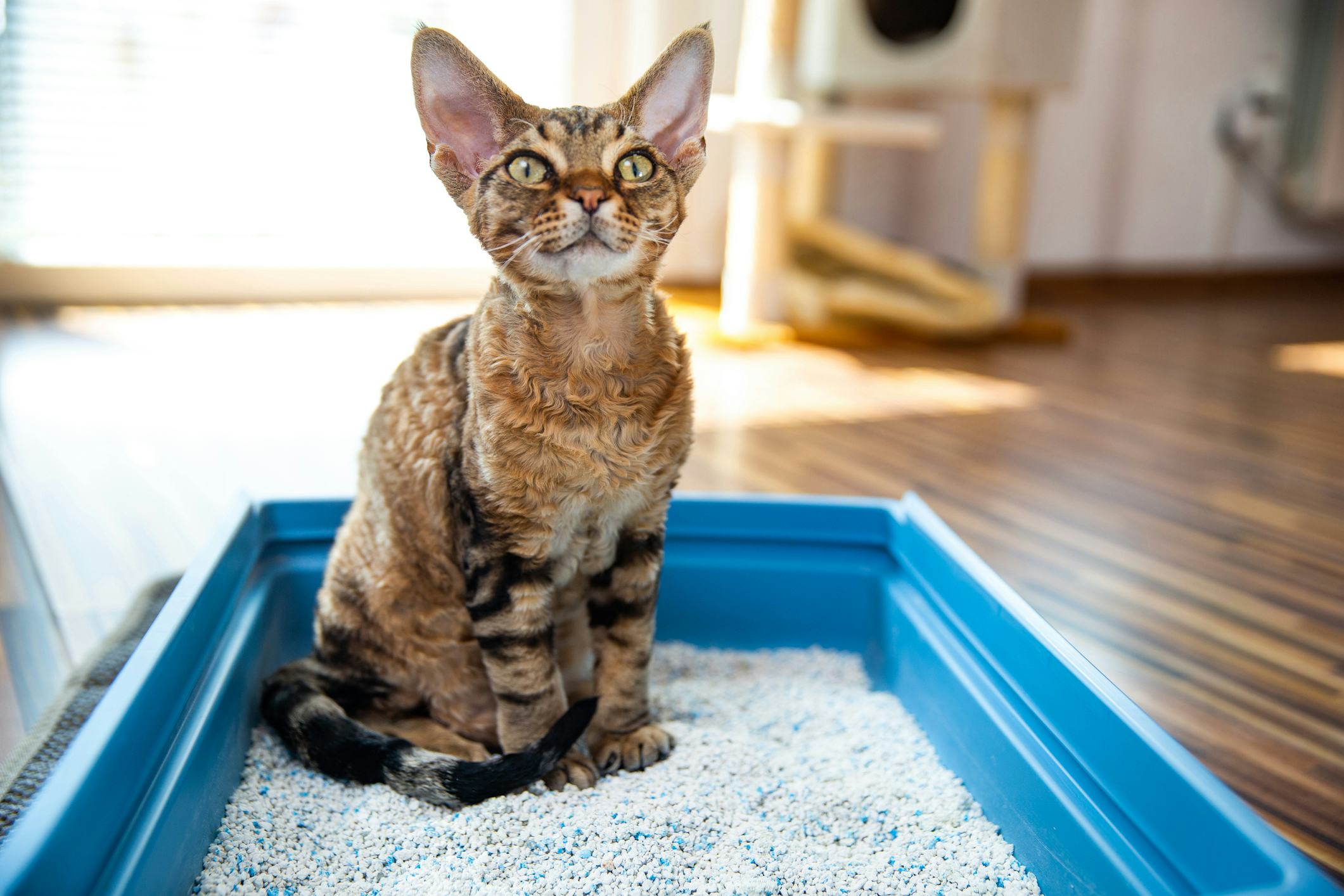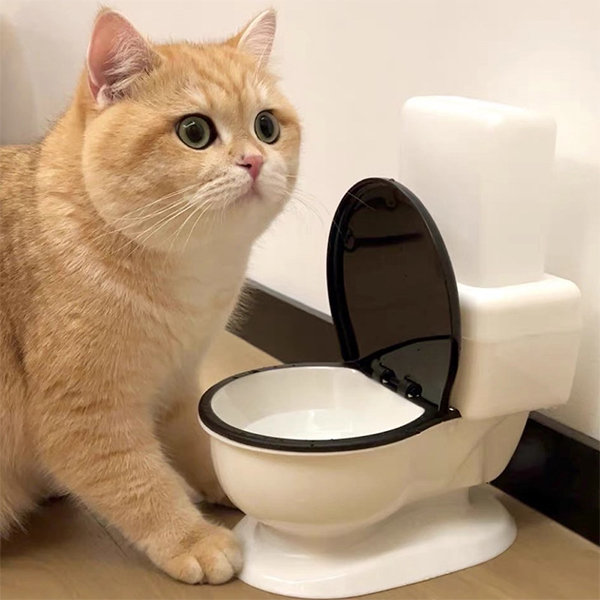Reasons Flushing Cat Poop Down Your Toilet May Cause Problems - Tips for Safe Disposal
Reasons Flushing Cat Poop Down Your Toilet May Cause Problems - Tips for Safe Disposal
Blog Article
We've found the article about Can You Flush Cat Poo or Litter Down the Toilet? directly below on the net and felt it made perfect sense to write about it with you over here.

Introduction
As pet cat proprietors, it's necessary to be mindful of how we take care of our feline good friends' waste. While it might appear hassle-free to purge pet cat poop down the toilet, this technique can have harmful consequences for both the atmosphere and human wellness.
Ecological Impact
Flushing cat poop introduces hazardous virus and bloodsuckers into the supply of water, positioning a substantial threat to aquatic environments. These pollutants can negatively influence aquatic life and concession water top quality.
Wellness Risks
Along with ecological problems, purging feline waste can additionally pose wellness risks to people. Cat feces might have Toxoplasma gondii, a bloodsucker that can trigger toxoplasmosis-- a potentially severe ailment, especially for expecting females and people with damaged body immune systems.
Alternatives to Flushing
Thankfully, there are much safer and more accountable means to deal with pet cat poop. Consider the adhering to choices:
1. Scoop and Dispose in Trash
The most usual approach of throwing away cat poop is to scoop it into an eco-friendly bag and throw it in the trash. Make certain to use a specialized clutter scoop and get rid of the waste without delay.
2. Usage Biodegradable Litter
Select eco-friendly cat trash made from materials such as corn or wheat. These trashes are environmentally friendly and can be securely disposed of in the trash.
3. Hide in the Yard
If you have a lawn, think about burying cat waste in a marked location far from veggie yards and water resources. Make certain to dig deep sufficient to stop contamination of groundwater.
4. Set Up a Pet Waste Disposal System
Purchase a pet garbage disposal system especially developed for feline waste. These systems use enzymes to break down the waste, lowering smell and environmental impact.
Conclusion
Liable family pet possession prolongs beyond supplying food and sanctuary-- it likewise entails appropriate waste administration. By avoiding flushing feline poop down the commode and opting for alternative disposal techniques, we can minimize our environmental impact and shield human health and wellness.
Why You Should Never Flush Cat Poop Down the Toilet
A rose by any other name might smell as sweet, but not all poop is created equal. Toilets, and our sewage systems, are designed for human excrement, not animal waste. It might seem like it couldn’t hurt to toss cat feces into the loo, but it’s not a good idea to flush cat poop in the toilet.
First and foremost, assuming your cat uses a litter box, any waste is going to have litter on it. And even the smallest amount of litter can wreak havoc on plumbing.
Over time, small amounts build up, filling up your septic system. Most litter sold today is clumping; it is made from a type of clay that hardens when it gets wet. Ever tried to scrape old clumps from the bottom of a litter box? You know just how cement-hard it can get!
Now imagine just a small clump of that stuck in your pipes. A simple de-clogger like Drano isn’t going to cut it. And that means it’s going to cost you big time to fix it.
Parasitic Contamination
Believe it or not, your healthy kitty may be harboring a nasty parasite. Only cats excrete Toxoplasma in their feces. Yet it rarely causes serious health issues in the cats that are infected. Most people will be fine too if infected. Only pregnant women and people with compromised immune systems are at risk. (If you’ve ever heard how women who are expecting are excused from litter cleaning duty, Toxoplasma is why.)
But other animals may have a problem if infected with the parasite. And human water treatment systems aren’t designed to handle it. As a result, the systems don’t remove the parasite before discharging wastewater into local waterways. Fish, shellfish, and other marine life — otters in particular — are susceptible to toxoplasma. If exposed, most will end up with brain damage and many will die.
Depending on the species of fish, they may end up on someone’s fish hook and, ultimately on someone’s dinner plate. If that someone has a chronic illness, they’re at risk.
Skip the Toilet Training
We know there are folks out there who like to toilet train their cats. And we give them props, it takes a lot of work. But thanks to the toxoplasma, it’s not a good idea.

I am very fascinated by Can You Flush Cat Poo or Litter Down the Toilet? and I'm hoping you enjoyed reading my blog entry. Sharing is caring. Helping others is fun. Thank you for taking the time to read it.
Get Your Estimate Now Report this page